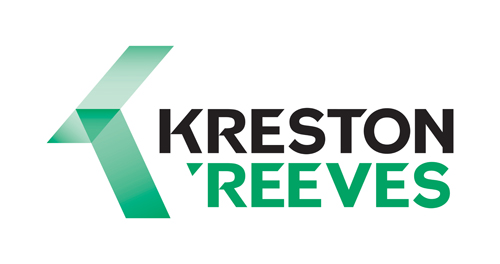
Selling a business can be daunting. For many people, selling their business is something they’ll only do once and is the culmination of their business life. It is critical to make sure that you are well prepared to maximise the value you realise and minimise the tax you will pay.
Planning for a sale
We all know if you’re trying to sell a house you give it a spring clean, bake bread and brew coffee to make it as attractive as possible to a buyer. In the same way, if you’re going to sell your business you want it to look its best. You should plan for as far in advance of the sale as possible.
For example, if you are selling on the basis of the future profits of the business you need to be able to demonstrate that you can budget and forecast with accuracy. If you have never prepared budgets and forecasts in the past, how can a buyer rely on them?
We would recommend having budgets, and management accounts showing budget vs actuals, together with explanations for any significant differences. If you have these over a period of time the buyer should have confidence in the figures when assessing the potential future performance of the business.
What are you going to sell?
If you are trading as a limited company, are you going to sell the shares in the company, or the trade and assets the company owns?
If you sell the trade and assets you might have a double tax charge – once in the company, and once when you extract the funds from the company.
If you sell shares in the company the buyer is likely to carry out more due diligence because they are taking on the company’s history and any potential liabilities. This may make the sales process take longer and be more expensive (although spring cleaning your business in advance can make this quicker, less painful and less expensive) but it should result in only a single tax charge.
Make sure you know what you want to sell, and the tax implications, before you enter into negotiations. It can be very difficult to renegotiate the key structure of a transaction once this has been agreed.
How are you going to be paid?
You might be paid in a combination of cash on completion, deferred consideration (which may be dependent on the future results of the business) or equity in the buyer. Each of these has different risks and rewards and tax treatments.
If you wait for some of your money you might get more, but will the buyer be able to pay you? If the amount is dependent on the future results of the company, will you be able to influence this? If you are going to receive shares, who will you be able to sell them to and when can you realise their value?
All of these questions need to be answered very early in the process so that fundamental issues are not discovered after time, effort and cost has been incurred.
We would strongly recommend taking professional advice at the Heads of Terms stage because this can save significant difficulties, and prevent renegotiations, when the final Agreement is being drafted.
What tax are you going to pay?
When you’re selling your business you want to qualify for Entrepreneurs’ Relief. This gives a reduced rate of tax of 10% on gains of up to £10m per person.
If you are selling shares in a company to qualify it must be a trading company, you must be a director, company secretary or employee, hold at least 5% of the shares, and satisfy all these conditions for at least the 12 months leading up to the sale.
Many people transfer shares between family members for good reasons, but they may not satisfy all the conditions for Entrepreneurs’ Relief and so they will pay 20% tax instead of 10%.
With planning in advance of a sale it may be possible to pay 10% tax on the gain that is realised. If you do not plan well in advance of a sale you could be faced with a much bigger, unwelcome tax bill that could have been prevented.
Other tax considerations
If you currently run a trading business it’s likely that the value of that business is exempt from Inheritance Tax as a result of Business Property Relief. As soon as there is a binding contract to sell the relief is no longer available, and you then have a potential 40% Inheritance Tax exposure on the value.
You should consider the possibility of both pre and post-transaction Inheritance Tax planning to minimise the Inheritance Tax that could be payable on your estate.
Conclusion
Preparation is key to maximising value, making the transaction run as smoothly as possible, and minimising your tax. By planning ahead for an exit you can realise the full potential of your investment in your business.
For further information on selling your business contact Daniel Grainge, Tax Partner at Kreston Reeves
daniel.grainge@krestonreeves.com
T: 01403 253282
www.krestonreeves.com







